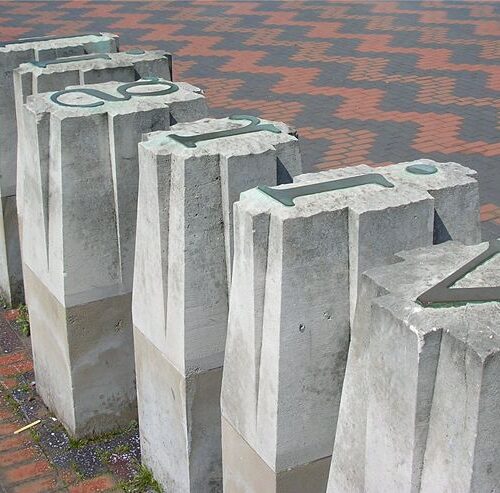

The standing stones represent the letter punches which he cut to make his type, and the word virgil was Baskerville’s first book, published in 1757, as a re-print of the Roman author’s poems. Industry and Genius refers to a poem of the same title which first appeared in Aris’s Birmingham Gazette on 21 January 1751, with a dedication to John Baskerville.
Plaque accompanying Industry and Genius
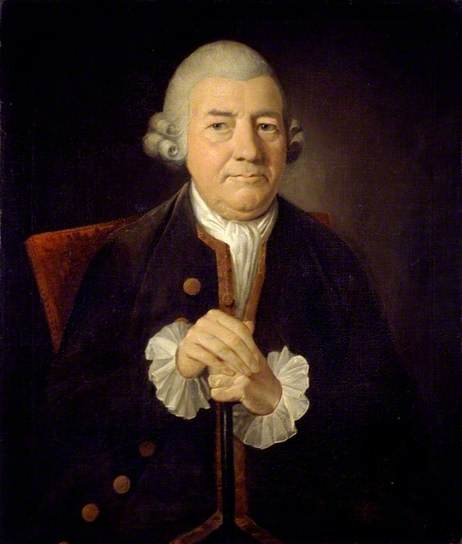
In Birmingham’s Centenary Square is a monument to renowned printer and fervent atheist John Baskerville (1706–1775), by Birmingham-born artist David Patten. Best remembered today for the typeface which bears his name, Baskerville owned a japanning and paper-mache business, as well as establishing a printing house. He printed admired editions of the works of Virgil and John Milton, as well as – for Cambridge – of The Bible, and Book of Common Prayer. Baskerville himself was an unapologetic non-believer, requesting that on his death he be buried:
in a Conical Building in my own premises Hearetofore used as a mill which I have lately Raised Higher and painted and in a vault which I have prepared for It. This Doubtless to many may appear a Whim perhaps It is so—But it is a whim for many years Resolve’d upon, as I have a Hearty Contempt for all Superstition the Farce of a Consecrated Ground the Irish Barbarism of Sure and Certain Hopes &c I also consider Revelation as it is call’d Exclusive of the Scraps of Morality casually Intermixt with It to be the most Impudent Abuse of Common Sense which Ever was Invented to Befool Mankind.
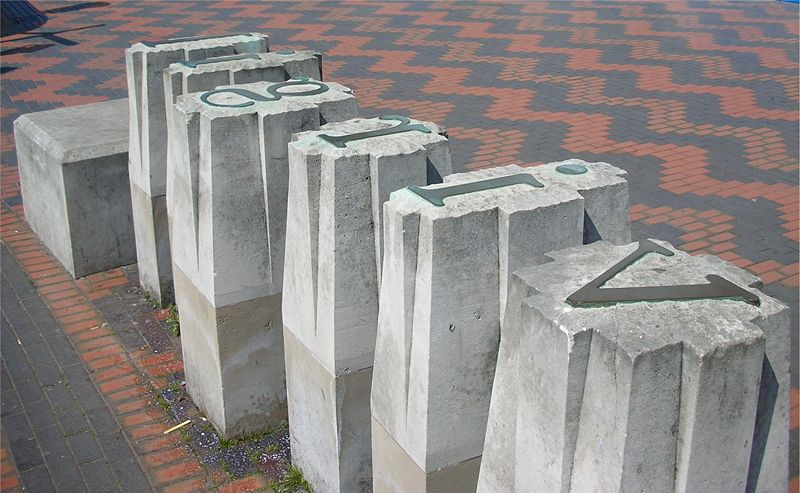
Patten’s 1990 sculpture, whose standing columns of Portland Stone spell ‘Virgil’ in reverse, sits near to Baskerville House, which occupies the site of the printer’s former home, ‘Easy Hill’. Baskerville was buried on his premises, according to his wishes, but disinterred in 1820 and reburied nine years later in Birmingham’s Christ Church. This was later demolished, and Baskerville’s remains removed again, this time to a Church of England Cemetery in Warstone Lane. Given his expressed desire, as a non-believer, to be buried in unconsecrated ground, Baskerville’s final resting place has been challenged by many since. His self-penned epitaph read:
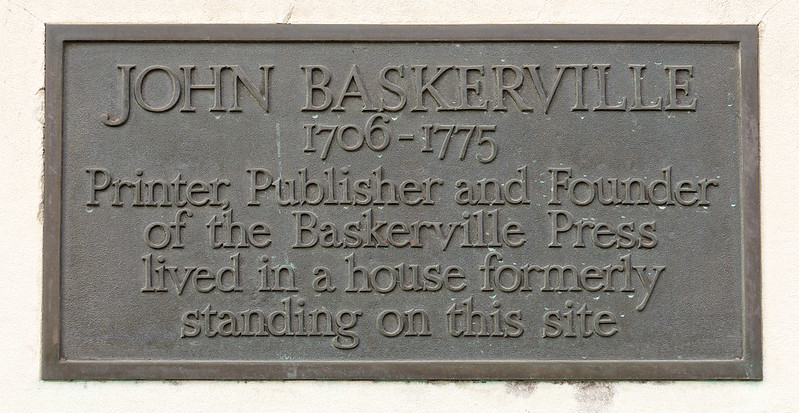
Stranger—Beneath this Cone in Uncons[e]crated Ground
A Friend to the Liberties of mankind Directed his Body to be Inhum’d
May the Example Contribute to Emancipate thy mind
From the Idle Fears of Superstition
And the wicked arts of priesthood.
Baskerville House also features a plaque remembering John Baskerville.
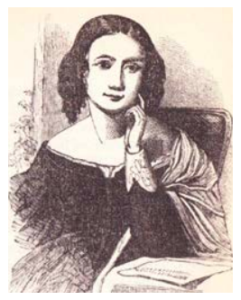
Oh what a tissue of inconsistencies are the dogmas in which we have been reared! Emma Martin, God’s Gifts and […]
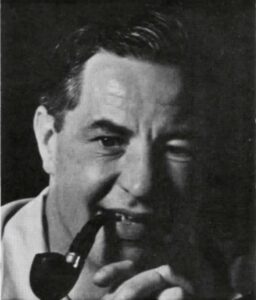
I have a strong faith and I love mankind. I do not believe in God but I believe in good. […]
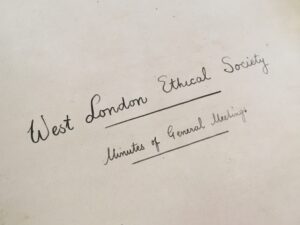
The good life… rests for its justification on no external authority, and on no system of supernatural rewards or punishments, […]
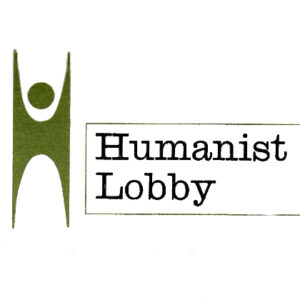
Humanism is an attitude to life that has solidly practical implications… it implies a commitment to helping run the community […]